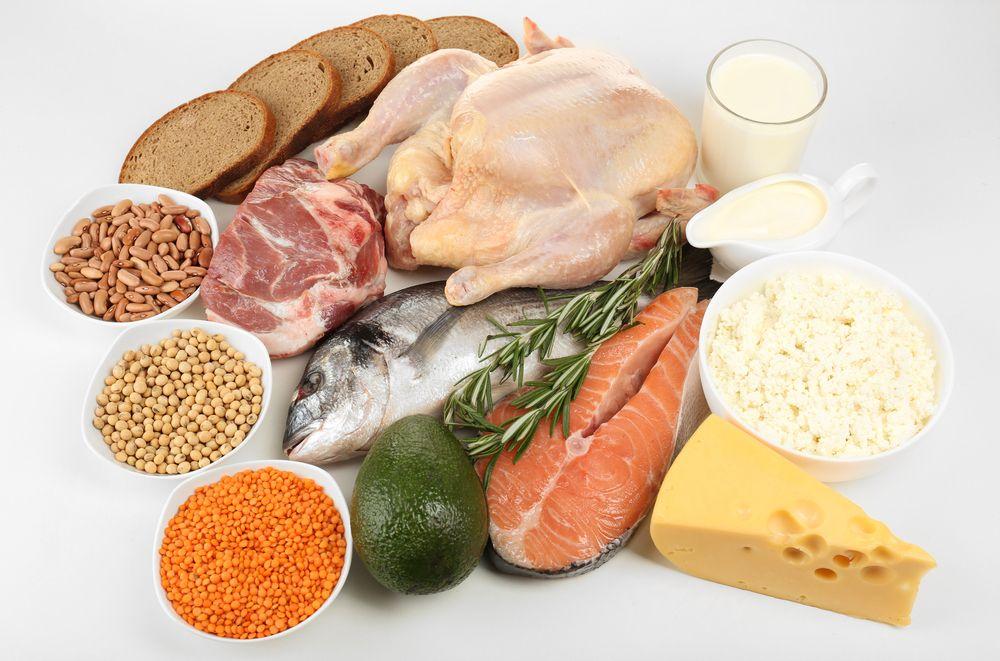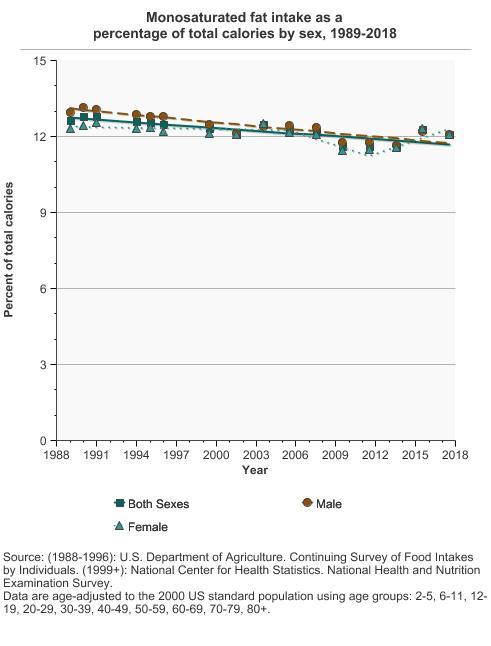Unlocking Athletic Potential: Ignite Your Inner Fire with Optimal Nutrition
Imagine a stage where champions are born, where hearts race with anticipation, and where bodies push the boundaries of what we once deemed possible. This is the world of sports and athleticism, a universe where every muscle fiber, every burst of adrenaline, and every bead of sweat is ignited by a primal flame. Yet within this electrifying realm, success is not merely reserved for the strongest or fastest, but rather for those who understand the art of fueling their bodies for maximum performance.
Welcome to an exploration into the fascinating universe of nutrition for athletes – a captivating journey that goes beyond standard calorie counting and dives deep into the intricacies of optimizing dietary intake. Here, we will uncover the keys to unlocking your true potential, unraveling the secrets that will catapult you from good to extraordinary, from average to exceptional.
In this article, we will delve into the world of athletes and their unique dietary needs, uncovering innovative strategies to maximize energy levels, endurance, and overall performance. Whether you’re a professional athlete, an aspiring Olympian, or a dedicated weekend warrior, the insights shared here will empower you to take charge of your nutritional destiny and establish yourself as an unstoppable force on the field, track, or court.
But why does nutrition hold such a decisive role in pushing athletic boundaries? The answer lies in the fact that your body is your most valuable tool, your ultimate asset. Just as a master painter requires a harmonious blend of colors to create a masterpiece, so too does an athlete require a balance of macronutrients, vitamins, and minerals to reach their full potential. Without the proper fuel, even the most gifted individuals may find their flames extinguished prematurely.
Get ready to embark on a journey through this vast universe of nutrition for athletes, where we will unravel the misconceptions, shed light on the science, and empower you with actionable steps to optimize your own performance. So, fasten your seatbelts, open your minds, and prepare to stoke the fire that burns within you. The world of athletic achievement awaits, and with the right nutrition, there are no limits to what you can achieve.
Understanding Macronutrients: The Building Blocks of Athletic Performance
Proper nutrition is key to unlocking an athlete’s full potential on the field or in the gym. To achieve maximum performance, athletes must understand the importance of macronutrients – the essential building blocks that fuel their body and optimize their athletic abilities.
Protein: This macronutrient is the foundation of any athlete’s diet. Not only does it repair and build muscle tissues, but it also supports overall growth and recovery. Incorporating high-quality protein sources like lean meats, poultry, fish, eggs, and plant-based proteins such as quinoa, lentils, and tofu is crucial for maintaining essential amino acids in the body.
Carbohydrates: Carbs are the body’s main source of energy, making them a crucial element in any athlete’s diet. Opt for complex carbs like whole grains, fruits, and vegetables, as they provide sustained energy release, aiding in endurance and performance. Simple carbs like sugars and refined grains should be consumed in moderation to prevent energy crashes.
Unlocking the Power of Macronutrients
Fats: Contrary to popular belief, fats are an essential component of an athlete’s diet. They provide protection for vital organs, aid in hormone production, and act as a secondary energy source during extended periods of activity. Incorporate healthy fats from sources like avocados, nuts, seeds, and olive oil to maintain optimal performance.
Hydration: Staying hydrated is often overlooked but is just as crucial as other macronutrients. Dehydration can hinder athletic performance and lead to fatigue, cramps, and decreased endurance. Make sure to drink enough water throughout the day and especially before, during, and after workouts or competitions. Electrolytes, such as those found in coconut water or sports drinks, help replenish essential minerals lost through sweat.

Optimizing Carbohydrate Intake: The Key to Sustained Energy Levels
Fueling your body with the right nutrition is essential for athletes looking to maximize their performance. While protein and fats play a crucial role, optimizing carbohydrate intake is the key to sustained energy levels. Carbohydrates are the body’s preferred source of fuel, providing the energy necessary for both endurance and high-intensity activities.
When it comes to optimizing carbohydrate intake, there are a few factors to consider. First and foremost, it’s important to choose the right types of carbohydrates. Opt for complex carbohydrates, such as whole grains, fruits, and vegetables, which contain fiber and a variety of essential vitamins and minerals. These carbohydrates are digested more slowly, providing a steady release of energy throughout the day.
Next, timing your carbohydrate intake is crucial. Prioritize consuming carbohydrates before and after workouts to ensure your muscles have the fuel they need to perform optimally and to aid in recovery. Aim to include both high-glycemic and low-glycemic carbohydrates in your pre- and post-workout meals to provide both quick and sustained energy.
| Carbohydrate Source | Glycemic Index |
|---|---|
| Potatoes | 85 |
| Quinoa | 53 |
| Sweet Potato | 70 |
Lastly, be mindful of portion sizes. While carbohydrates are crucial for energy, consuming too much can lead to weight gain and energy crashes. It’s important to listen to your body’s needs and adjust your portion sizes accordingly. Working with a registered dietitian who specializes in sports nutrition can provide personalized guidance and ensure your carbohydrate intake aligns with your specific athletic goals.

The Importance of Protein: Enhancing Recovery and Muscle Building
Recovering and building muscle rely on a variety of factors, but one of the most crucial components is proper nutrition. As an athlete, your body requires a consistent supply of nutrients to perform at its best, and protein is an essential macronutrient that plays a key role in enhancing both recovery and muscle building.
When it comes to recovery, protein serves as the building blocks for repairing damaged muscle tissue. After an intense workout, your muscles go through a process of breakdown and need to be rebuilt. Consuming an adequate amount of protein helps to speed up this recovery process, reducing muscle soreness and helping you get back in the game faster.
- Increase in muscle mass: Protein is essential for the growth and repair of muscle tissue. Consuming enough protein can help promote muscle hypertrophy, allowing you to build lean muscle mass and increase your overall strength.
- Enhanced muscle protein synthesis: Protein intake stimulates muscle protein synthesis, which is the process of building new muscle proteins. This leads to increased muscle growth and improved recovery between workouts.
- Optimal nutrient absorption: Protein helps with the absorption of other nutrients, such as carbohydrates and amino acids, which are essential for energy production and muscle repair.
So what’s the recommended protein intake for athletes? While individual requirements may vary depending on factors like body weight and activity level, a general guideline is to aim for approximately 1.2 to 2 grams of protein per kilogram of body weight per day. To meet these requirements, include protein-rich sources in your diet like lean meats, fish, poultry, eggs, dairy products, legumes, and plant-based proteins such as tofu or quinoa.
Remember, protein is not just important for bodybuilders or elite athletes – it’s a critical nutrient for any individual looking to improve performance and enhance recovery. Prioritize your protein intake and fuel your body with the nutrients it needs to reach your maximum potential.

Strategic Fat Consumption: Unleashing the Power of Essential Fatty Acids
Athletes put their bodies through intense physical demands, requiring them to find optimal nutrition strategies to enhance their performance. While carbohydrates and protein often steal the spotlight, the strategic consumption of essential fatty acids (EFAs) is a secret weapon that should not be overlooked. These healthy fats play a crucial role in supporting various bodily functions and can significantly impact an athlete’s performance and recovery.
First and foremost, EFAs are essential for maintaining optimal brain health and function, ensuring quick decision-making, focus, and mental clarity during high-stakes competitions. Incorporating foods rich in omega-3 fatty acids, like fish, nuts, and flaxseeds, into an athlete’s diet can help boost cognitive function and prevent mental fatigue. Moreover, EFAs contribute to reducing inflammation and promoting joint health, protecting athletes from injuries and optimizing their recovery after intense workouts.
- Include fatty fish such as salmon, mackerel, or sardines in your diet as they contain high levels of omega-3 fatty acids.
- Snack on a handful of nuts like walnuts or almonds to provide a quick and convenient source of healthy fats.
- Incorporate avocados into your meals, whether in salads, sandwiches, or smoothies, to benefit from their high content of monounsaturated fats.
| Food | Essential Fatty Acids Content |
|---|---|
| Fatty Fish (Salmon) | Rich in omega-3 fatty acids |
| Nuts (Walnuts, Almonds) | Provide a quick source of healthy fats |
| Flaxseeds | High in omega-3 fatty acids and fiber |
| Avocado | High in monounsaturated fats |
Final Thoughts
As we come to the end of this journey exploring the wonders of nutrition for athletes, one thing becomes abundantly clear: fueling your body for maximum performance is an art that requires neither canvas nor brush but the expertise of what lies on your plate.
From the very first bite, athletes embark on a quest for greatness, where the power of proper nutrition becomes their steadfast ally. We have traversed the winding roads of macronutrients and the secret realms of micronutrients, uncovering their hidden potential in shaping athletic destinies. But what we have learned goes far beyond the realms of science; it touches the very essence of unlocking our true potential.
Nutrition is the elixir of athletic success, the alchemist’s brew that turns iron-willed determination into gold medals, personal bests, and triumphant victories. It is the invisible hand that guides athletes through the peaks and valleys of their physical endeavors, ensuring they remain fortified even in the face of adversity.
In this captivating tale of the relationship between nutrition and athletic performance, we have witnessed the harmonious dance of carbohydrates, proteins, and fats. We have delved into the labyrinth of vitamins, minerals, and antioxidants, discovering the profound impact they have on every stride, every jump, and every swing. And we have come to understand that the true beauty lies not only in the muscular physique but in the symphony of a perfectly-fueled body moving with the precision of a well-honed machine.
So, dear reader, as we bid adieu to the realms of nutrition for athletes, let us carry forth this newfound knowledge, not just onto the fields, courts, or tracks – but into the core of our everyday lives. Let us embrace the vitality that nourishing our bodies brings, moving closer to our aspirations with every morsel we consume.
Remember, nutrition is not just an accessory to athletic success; it is the foundation upon which greatness is built. So, as you emerge from these virtual pages, be armed with the wisdom of the kitchen and the plate, ready to conquer any challenge that comes your way. Fuel yourself, fortify yourself, and let your body become a testament to the profound artistry of nutrition for athletes.
For in the grand tapestry of sports, where boundaries are pushed, records are shattered, and dreams are realized, it is the athletes who understand the true power of fueling their bodies that rise above, that transcend, and that achieve the extraordinary.


